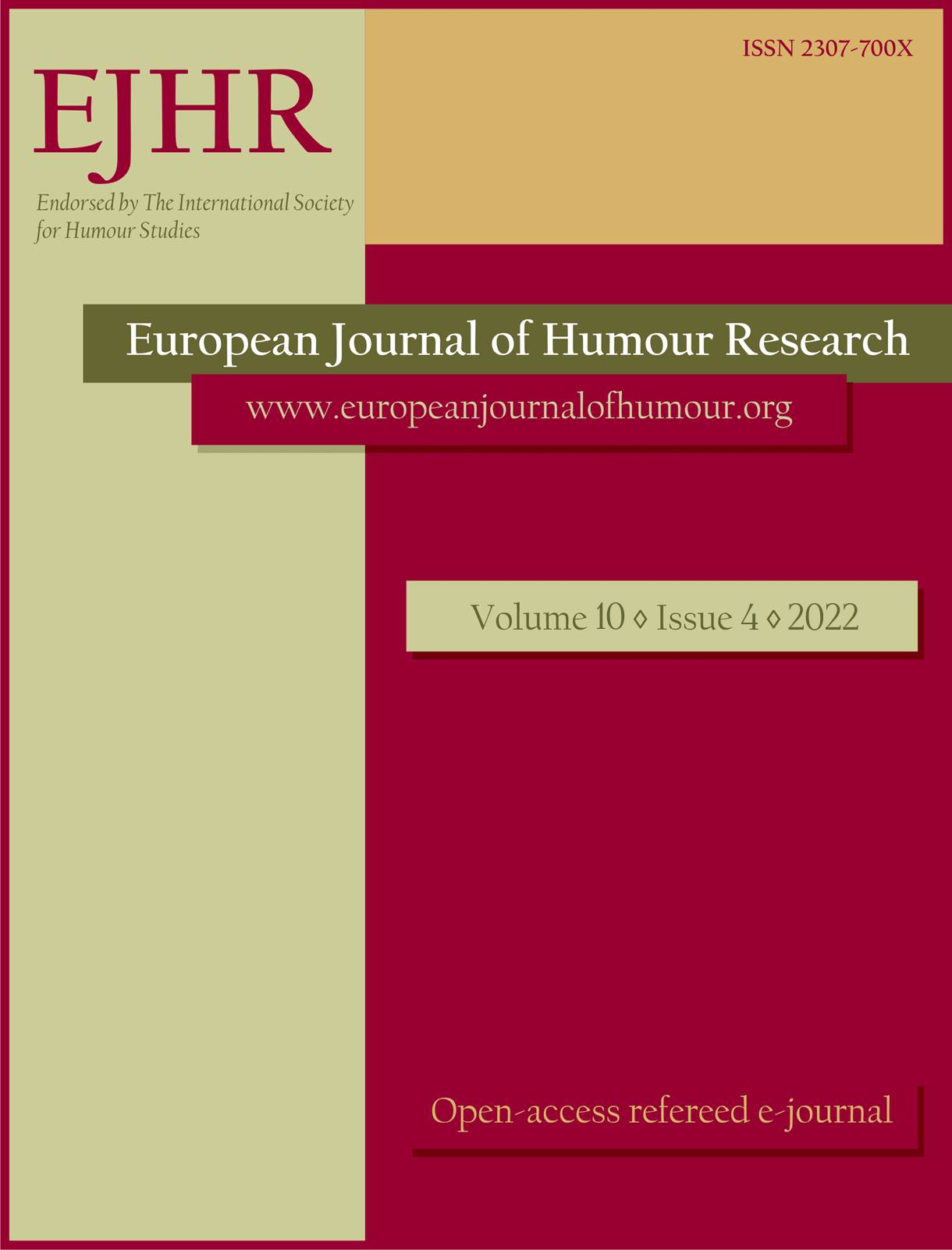Conceptions and practices of Iberian mathematics teachers about humour
Conceptions and practices of Iberian mathematics teachers about humour
Author(s): Floriano Viseu, Luís Menezes, Susana Amante, Pablo FloresSubject(s): Social Sciences, Education, Sociology of Education, Pedagogy
Published by: Krakowskie Towarzystwo Popularyzowania Wiedzy o Komunikacji Językowej Tertium
Keywords: humour; Iberian mathematics teachers; career; practices; conceptions
Summary/Abstract: This study focuses on the conceptions and practices of Iberian (Portuguese and Spanish) mathematics teachers regarding instructional humour. Specifically, the study aims to answer the following questions: (1) How do Iberian mathematics teachers view humour and how do they appreciate a sense of humour? (2) What educational value do Iberian mathematics teachers ascribe to humour in the teaching and learning process of this subject? (3) How do Iberian mathematics teachers use humour in mathematics teaching? and (4) What differences, regarding humour and its use in the educational context, are found among Iberian mathematics teachers, as determined by their professional experience? A mixed methodology was adopted for this study, with a greater quantitative emphasis, combining quantitative analysis with descriptive and inferential statistics. Iberian mathematics teachers (N=1087) from all educational levels participated in the study. The data was collected through an online questionnaire, organised according to three dimensions of analysis: (1) Humour and sense of humour; (2) Educational value of humour in the teaching and learning of mathematics; and (3) Use of humour in the teaching of mathematics. The results reveal that Iberian teachers who teach mathematics recognise the meaning of humour, feel they have a sense of humour and appreciate it in others, find reasons to use it in mathematics teaching and have seen it being used or use it in their classes to create a good learning environment and make students think. The results show differences over the teachers’ careers, especially in their use of humour and the purpose they make of it. However, the magnitude of the effect suggests the need to consider other variables in addition to the teachers’ professional experience, such as the level of training, the type of training and the cultural context in which the school is located.
Journal: The European Journal of Humour Research
- Issue Year: 10/2022
- Issue No: 4
- Page Range: 200-215
- Page Count: 16
- Language: English

